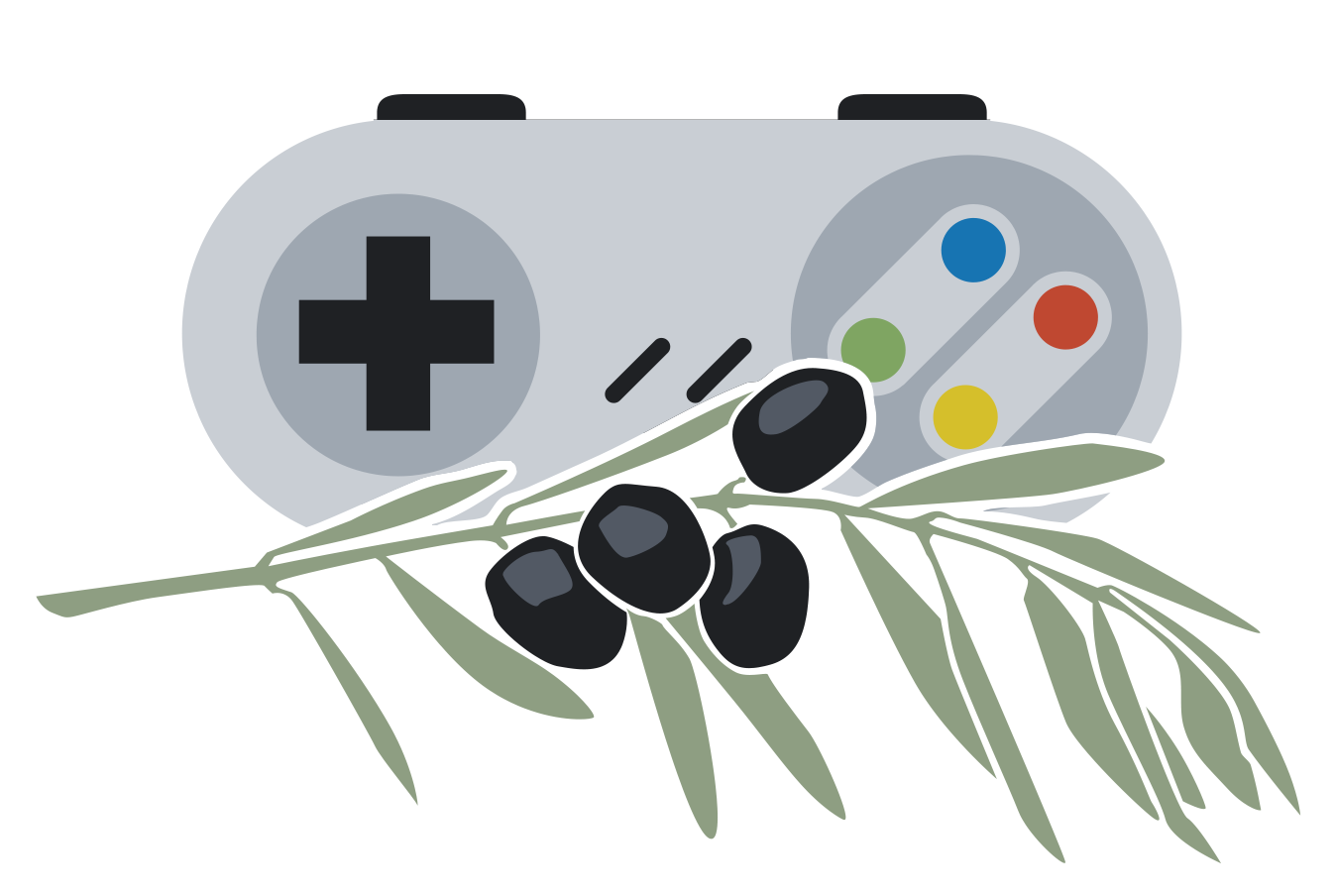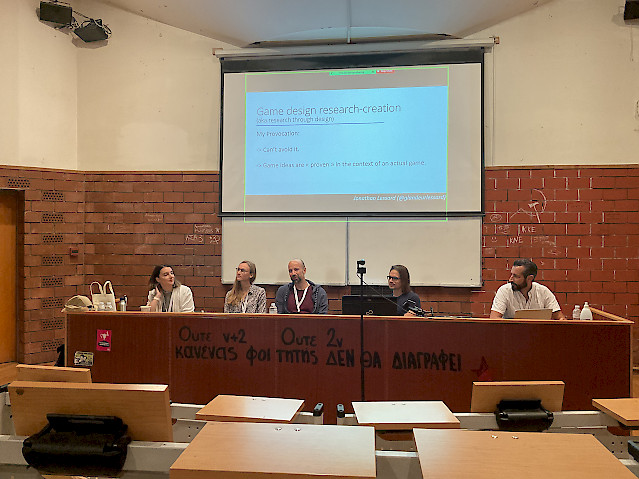
FDG2022 and the Institute of Digital Games


The Institute of Digital Games has, for a few days, moved to Athens, Greece. Nothing to worry about, as we are happy to continue to do research and education in Malta.
The Institute's presence was crucial, in those days, for what concerned organizing and running the prestigious international The International Conference on the Foundations of Digital Games (FDG). FDG is an interdisciplinary conference on technology used to develop digital games, and the study of digital games and their design. As a hallmark for this conference, academics present their work to a diverse audience, share new ideas, and find collaborations with researchers of various backgrounds.
FDG2022 ran from September the 5th to September the 8th and, as already mentioned, the IDG was heavily involved in it.

Prof. Stefano Gualeni was one of the two overall program organizers, chaired multiple sessions during the course of the conference, and presented his recent philosophical work across the boundaries between theory and practice as part of the 'Creative Research in Game Studies Panel'.
Dr. Ahmed Khalifa was a track chair for Artificial Intelligence (AI), where a full paper by the AI research group at the Institute of Digital Games(Generative Personas That Behave and Experience Like Humans) was presented by our current doctoral student and first author Matthew Barthet.
Moreover, Dr. Antonios Liapis led the popular Workshop on Tabletop Games and ran interviews for FDGtv (the conference's own series of video reports and interviews). Liapis was also one of the authors of the paper listed above and of a late-breaking work (Gaming the Representation: Game Scene Augmentation for Self-Supervised Learning) together with other IDG members that also include our director Prof. Georgios Yannakakis. The paper was presented by current doctoral student and first author Chintan Trivedi.
Prof. Georgios Yannakakis attended the conference after having finished running the very successful AI Summer School in Chania, Athens (which he organized together with Prof. Julian Togelius and a bunch of people affiliated with the AI for Games research track at the IDG.
And this is not all! Alumni Dr. Renata Ntelia and Dr. Johnathan Harrington were also involved in the organization of the conference as track chairs respectively for the scholarly tracks 'games and the humanities' and 'games beyond entertainment' tracks. Dr. Ntelia also had the opportunity to present her latest game design work in two separate occasions during the conference.
FDG was a blast, and both of our research strands (AI for Games and Digital Humanities) significantly contributed in both the scholarly content and in the organization of the conference. Also, FDG 2022 was held in cooperation with ACM, ACM SIG AI, ACM SIG CHI, and ACM SIG GRAPH.
The next instalment of this conference series, that is FDG2023, will take place in Lisbon at the Lusofona University, where IDG alumnus Dr. Phil Lopes will be the general chair for the event! Will we see you there?

